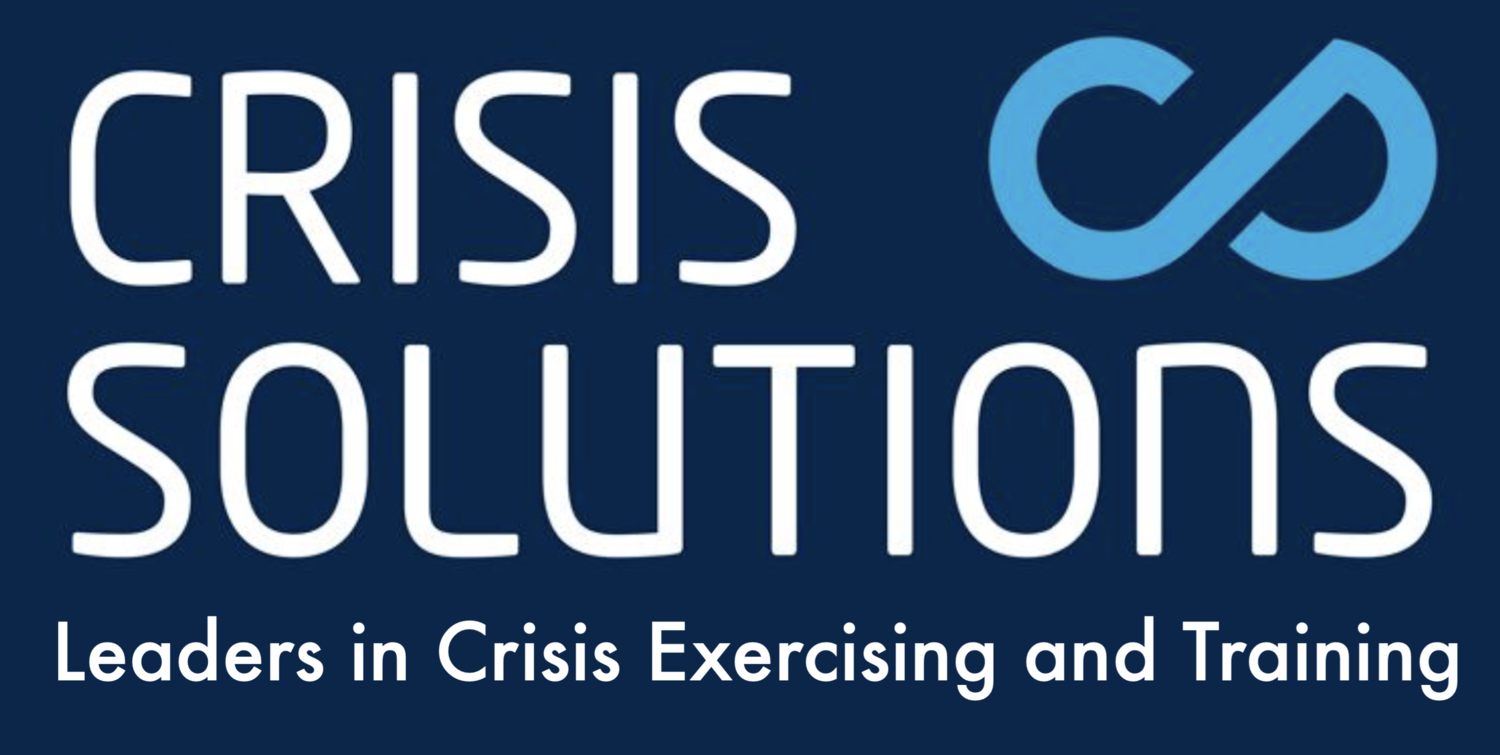“Don't get caught out planning for the last war”
I’m not ex-military, though I know that many in the crisis management business are. As the situation in Ukraine escalates, I’m reminded of an expression in military planning that seems particularly relevant today: “Don’t get caught out planning for the last war.” Obviously in military terms such planning covers so many different aspects, from training and supplies to strategy and investment. For example, just because the last war featured tanks in a dusty desert, you can’t just use that as your planning assumption because the next war might be in a European city.
In crisis management terms the same applies. It’s tempting to fixate on pandemics and cyber attacks because our recent experience skews our thinking in that direction. But the next threat might be, for example, energy supplies. This has become a greater threat now as a result of Europe’s reliance on Russia for much of its energy.
A number of times over the last few years Crisis Solutions have been asked to simulate major disruption to the UK energy supplies. The plan for ‘rolling’ power cuts still looms large in my mind. Imagine being told that hospitals, care homes and ‘critical national infrastructure’ are going to be prioritised, but that homes and businesses will face regional power cuts for several hours a week. Those staff working from home aren’t going to have the benefits of backup generators. They face losing internet, phones and power for computers as well as heating and light. Does a business then have to plan to get more people back to the office at short notice? Have we checked the backup generators? Does the uninterruptible power supply trip when required? Can we easily divert work streams to staff in unaffected areas?
These are questions many of us haven’t had to face for years. There’s a lot to think about - and the planning should start now.

